1. WHAT IS MY HOUSE WORTH?
This plays an important part. As a seller you would like to receive the most amount of money for the house and buyers would like to pay the least amount of money in purchasing.
To some degree, it is like selling a car. Sometimes people can price the house too high and sometimes too low and this is ultimately down to individual circumstances. You will find most competent estate agents will tell you a high, medium, and low price for your home although this isn’t always the case.
Generally speaking, you may find it takes longer for a property to sell at a higher price than a cheaper price, as it takes longer to attract the right audience for your property such as, the property's character or being a project, location, space, garden, garage, etc. This is because you are trying to find a specific type of buyer and match their needs whereas at the lower end of the price you may attract alternative buyers who are open to compromise with their needs to get something a little cheaper.
2. HOW MUCH CAN I BORROW?
Now that you know what your property is worth, it's time to find out what you are able to borrow. Remember, the longer you borrow something, the cheaper the repayments are, and the shorter the term the higher the repayments are.
Having a mortgage over a longer period does mean you will have more interest to pay as you are paying it over a longer term so it can be more expensive.
All lenders assess income in different ways such as overtime, bonus, commissions as well as benefits, maintenance, foster care income, contractor income, CIS income, and rental income.
3. WHAT ARE THE COSTS INVOLVED FOR BUYING AND SELLING?
You will need other purchasing costs such as:
• Estate agent fees,
• Solicitors’ fees for selling and buying,
• Stamp duty,
• Removal costs,
• Mortgage broker fees
• Potential early repayment charges from an existing mortgage although most mortgages are portable but not all are.
You may also need to consider future running costs of your new house such as council tax, utility bills insurances etc.
4. WHAT TYPE OF MORTGAGE WILL BE SUITABLE AND APPROPRIATE FOR ME?
Many mortgages are portable which means you can transfer them to your new property.
If you are borrowing more on your mortgage, this will be split between an old product and a new product.
If you are borrowing less then this may result in partial early repayment charges, but for some, this depends on when your current mortgage deal comes to an end. Your existing lender will assess this as a new mortgage application if you are porting, although amendments can be made such as adding or removing a party to the new mortgage. The application will be made as though you are borrowing the money for the first time and all evidence of earnings will be required as well as a satisfactory valuation on the property.
In either case, it may be better for you to port your existing mortgage, however on some occasions it is better not to and this could be due to overall costs, suitability of the property, your current provider not being as generous on affordability, and your current credit profile.










